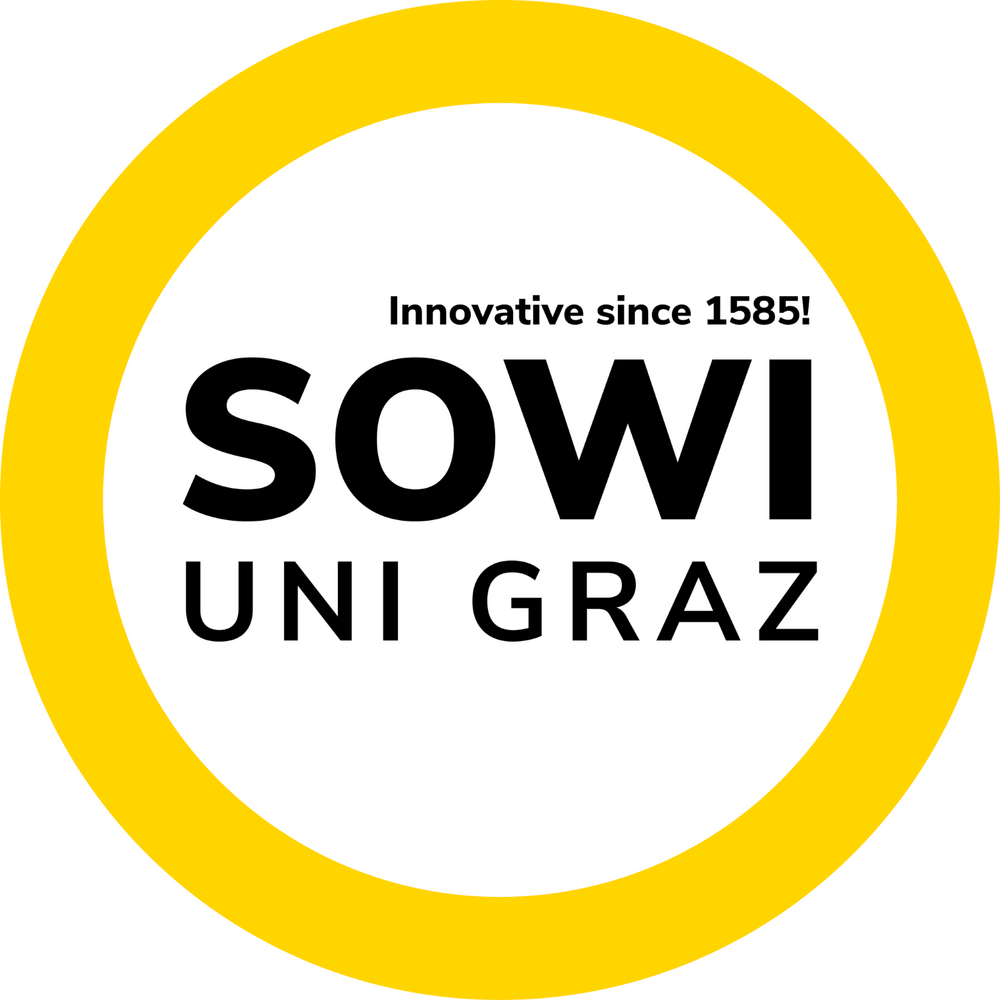Institut für Soziologie
Dr. Beate Klösch
BSc BA MA
DOKTORAT
Institut für Soziologie
Betreuer:
Univ.-Prof. Dr.
Markus Hadler
Exploring Opinion Polarization in Times of Crises: Insights from Combining Survey and Social Media Data
Public opinion polarization in response to current social crises is prominent in media, politics, and academic discourse. This thesis explores polarization concerning the COVID-19 pandemic and the climate crisis in German-speaking countries, with a particular focus on policy measures. The findings contribute to the understanding of this phenomenon and the evolving methodological approach of combining survey and Twitter data, which was still in its infancy when this research began. The thesis comprises four articles on opinion polarization and methodological implications of combining survey and Twitter data. The findings reveal significant variations in public opinion regarding both crises, with stronger polarization on COVID-19 measures compared to climate protection measures. Contrary to claims of a deep societal divide, the opinion distributions show mostly single-peaked rather than bimodal patterns. However, a small but noticeable number of people oppose the measures related to either crisis, indicating a one-sided accumulation of opinions within the broader distributions. Additionally, a small group of respondents reject measures for both crises, attributed to mistrust in the scientific consensus. The research further reveals consistency in opinion distributions across different data sources at both the aggregate and individual levels. However, social desirability bias is observed among respondents who share their social media data for research purposes. In conclusion, the contribution of this thesis is twofold. First, it advances the empirical study of opinion polarization by integrating traditional survey data with social media data, providing a broader perspective on how crises shape opinion. Second, it contributes to methodological developments in computational social science research by elaborating on the benefits and limitations of combining different data sources. Each source has its own strengths and constraints; they are complementary, not interchangeable.

